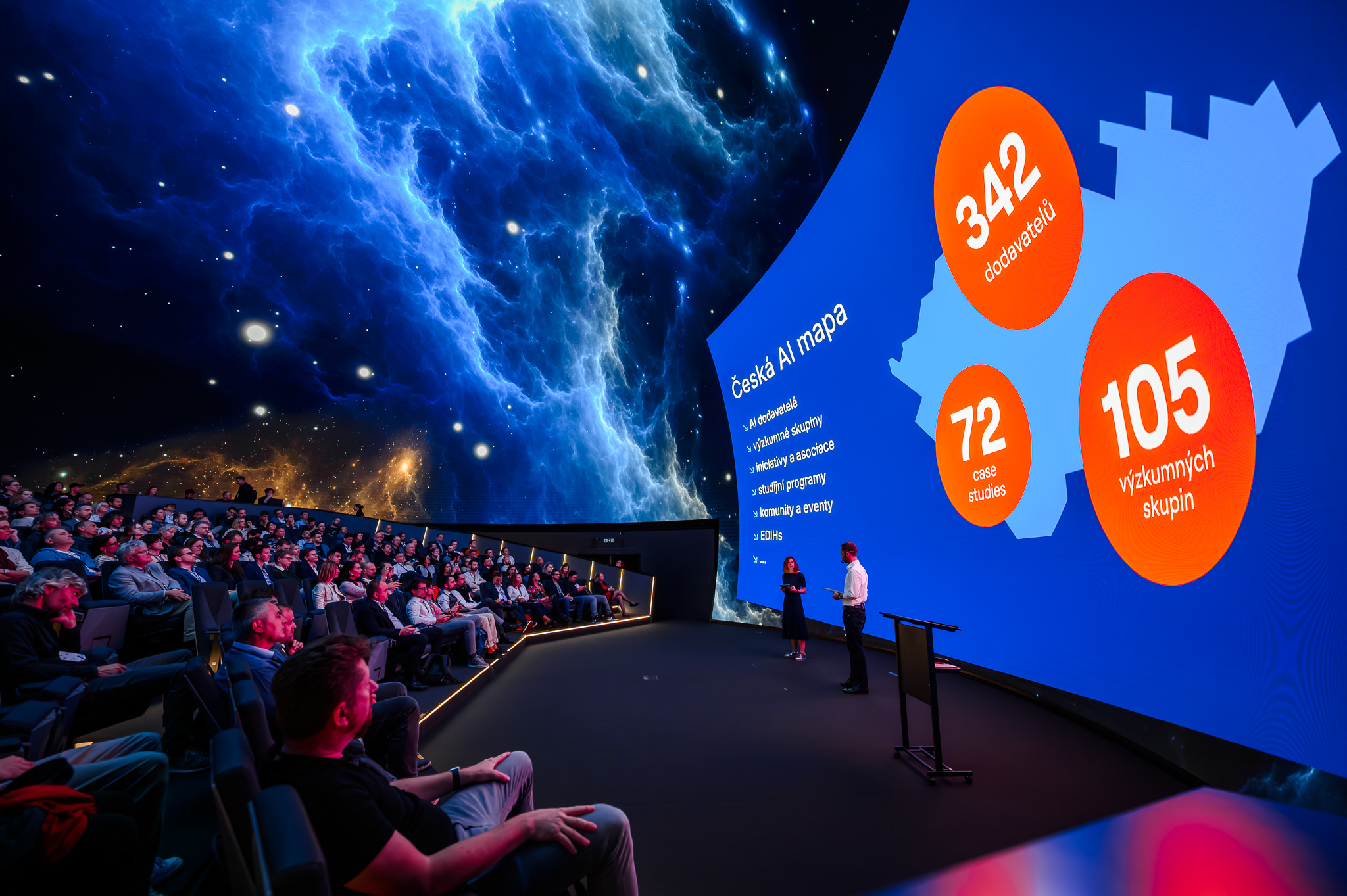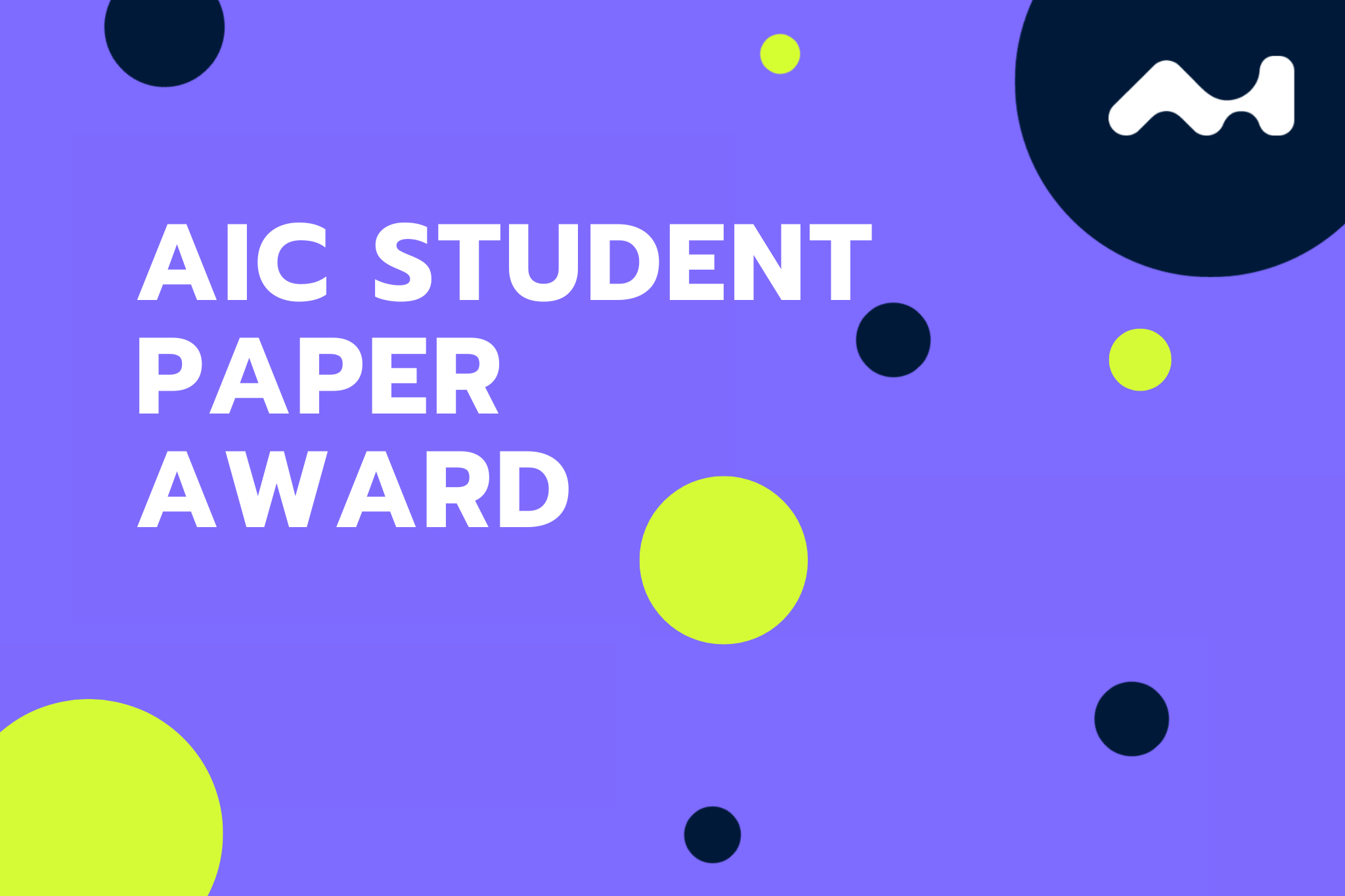Maria Rigaki



Maria Rigaki is a PhD student working on the intersection of machine learning and security. Before joining AIC, she spent many years in the industry, working as a software developer and systems architect. Maria has plenty of experience in designing and integrating complex systems in the areas of telecommunication and emergency response. Her interests rage from exploring the security and privacy issues in machine learning to how AI can become a tool for offensive and defensive applications in the area of security. During spare time, she enjoys playing music and participating in security CTFs.
Latest news

A landmark moment for artificial intelligence in Czechia unfolded at the Prague Planetarium with the official launch of the Czech AI Scene Map, an initiative by the Czech National AI Platform (CNAIP). This comprehensive map aims to be the definitive guide to the nation's burgeoning AI landscape. And we as Artificial Intelligence Center are part of it!

Outstanding work deserves credit. We want to highlight the extraordinary work of our teachers and put their effort in the spotlight. Each year, the AI Center will announce the "Outstanding Teaching Assistant Award" which comes with a prize money of 15 000 CZK. The winner will be awarded in November 2025.



